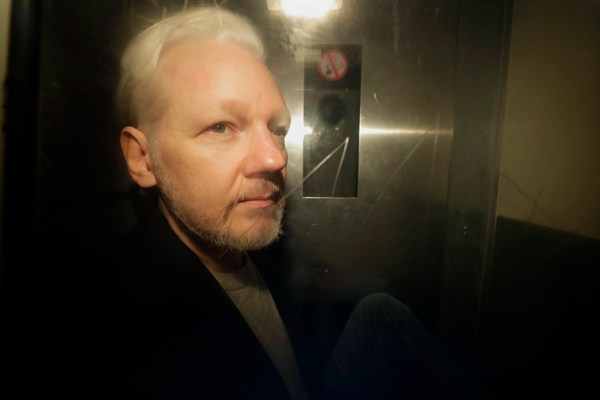Editor’s Note: This article is part of an ongoing series about press freedom and safety in various countries around the world.
When the Trump administration announced its decision last month to indict Wikileaks founder Julian Assange for violating the Espionage Act, it argued that it was not targeting journalists for their reporting, since it did not consider Assange a journalist. That did not stop journalists and other commentators from warning of the indictment’s grave consequences for press freedom. In an interview with WPR, Geoffrey Stone, the Edward H. Levi Distinguished Service Professor of Law at the University of Chicago, discusses the complicated legal questions at issue in the Assange case, which he says have never been decided in U.S. courts. The following transcript has been lightly edited for length and clarity.
WPR: What is the overall significance, for the First Amendment and for press freedom, of the Trump administration’s decision to charge Julian Assange under the Espionage Act?

